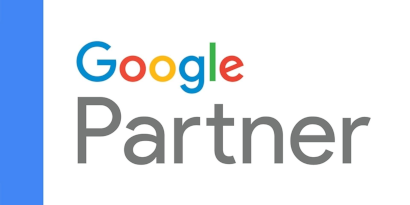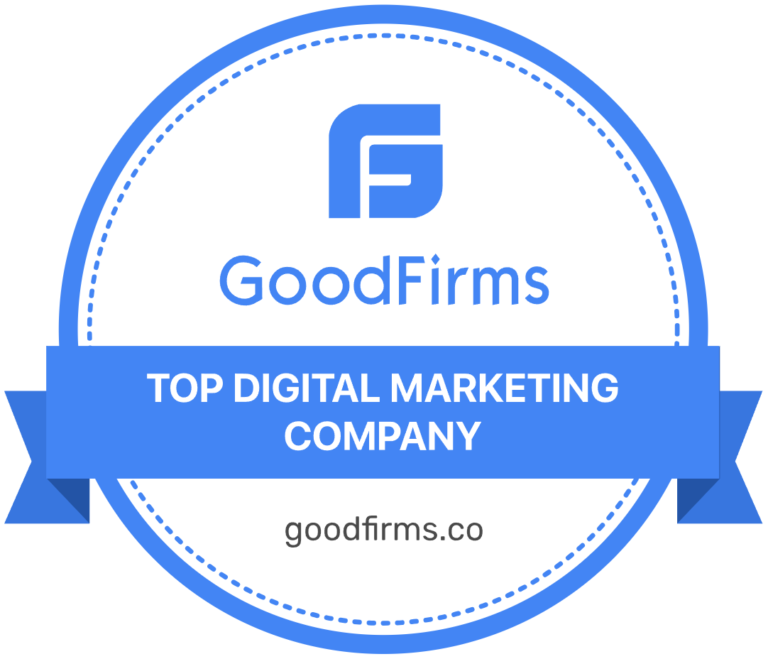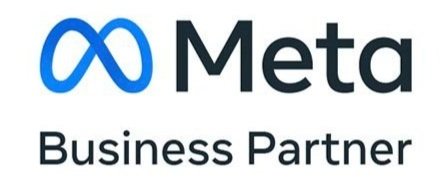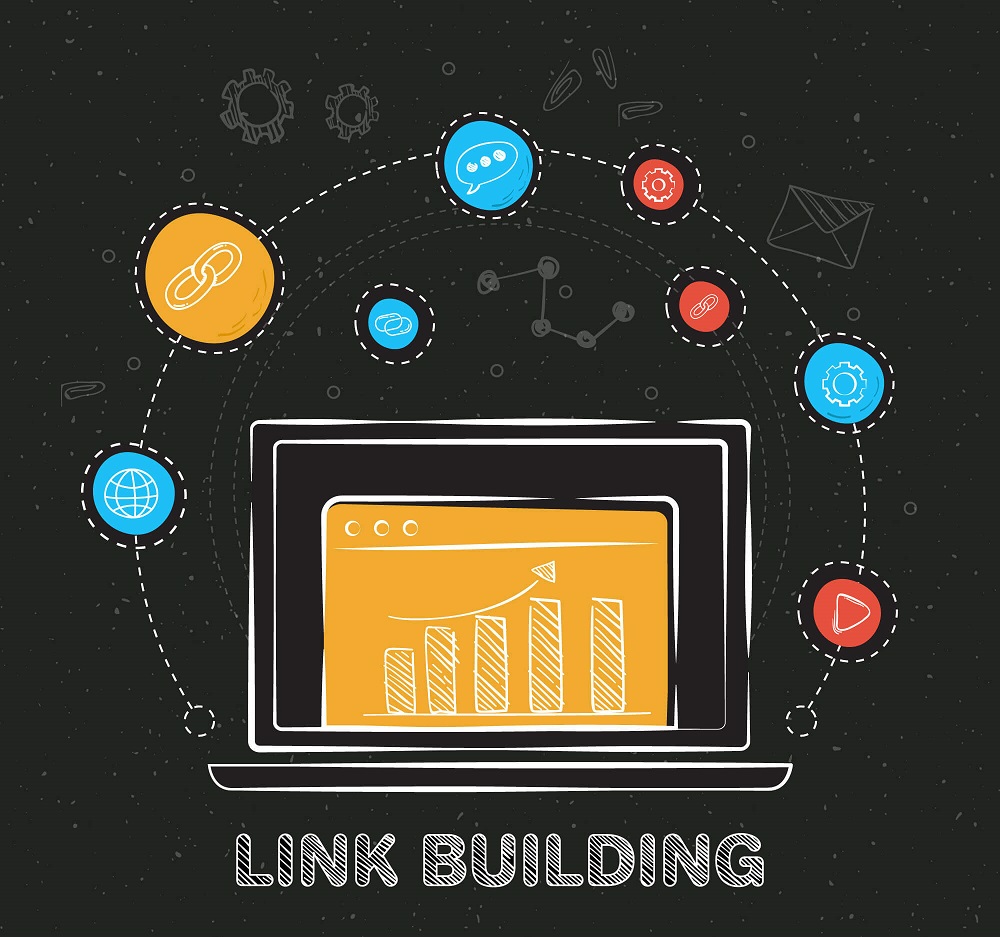- Long-term Relationships Through Results, Not Contracts @ Utah Digital Marketing Experts
Utah Digital Marketing Experts delivers enterprise SEO services that drive measurable business results. We provide scalable solutions, advanced keyword targeting, and comprehensive site improvements to dominate search rankings in large markets.








Enterprise SEO faces unique challenges like managing thousands of pages, maintaining technical health, and keeping consistent messaging. These grow as businesses scale, risking lost traffic and reputation without strategic solutions. Enterprise sites need optimization for performance and user experience while balancing technical excellence, content, and brand consistency. Success requires team coordination, advanced tools, and data-driven approaches.

Managing on-page SEO for thousands of pages requires scalable strategies and automation tools. Each page needs proper meta tags, headings, and schema markup for consistent SEO performance.
Aligning tone, messaging, and SEO practices across teams and departments is challenging. Strong content governance ensures quality and brand alignment for better user trust and SEO results.
Large sites generate massive data volumes requiring advanced tools to extract insights. Focus on key KPIs and tailored dashboards to allocate resources efficiently.
Enterprise SEO involves IT, content, and marketing teams. Clear communication and defined roles prevent delays and ensure smooth collaboration on SEO initiatives.
Large websites face technical SEO challenges like crawlability issues, broken links, duplicate content, and improper indexing that hurt rankings.
Multi-location local SEO adds complexity through language-specific content, local listings, and culturally appropriate messaging.
Keeping thousands of pages updated is overwhelming. Outdated content hurts SEO and user trust. Regular review cycles and AI automation help maintain freshness and relevance.
Search engine changes impact large sites more significantly. Adjusting strategies across thousands of pages is massive work. Proactive monitoring and early trend adoption prevent setbacks.
Enterprise sites often load slowly due to size and complexity. Optimize images, use CDNs, and minimize JavaScript to maintain speed for better user experience and rankings.
SEO needs alignment with PPC, social media marketing, and email marketing. Siloed efforts create inconsistent results while integrated campaigns amplify digital performance.
Large-scale changes risk traffic drops or incorrect optimizations. Test changes in controlled environments and roll out gradually for smooth transitions and sustained rankings.
Pagination, product variations, and inconsistent URLs create duplicate content that dilutes SEO value. Use canonical tags, redirects, and clear hierarchies to consolidate page authority.
Negative reviews and harmful backlinks damage brand credibility. Monitor consistently and respond to reviews while disavowing bad links to protect online presence.
Enterprise sites must be responsive and fast on all devices. Regular cross-platform testing ensures seamless experiences that drive engagement and conversions.
Enterprise SEO scale requires automation for keyword research, reporting, and content optimization. The right tools streamline workflows and improve decision-making efficiency.
Enterprise SEO challenges need structured approaches, team collaboration, and continuous optimization. Scalable solutions and advanced tools maximize organic search potential for long-term growth.
As businesses grow online, SEO needs evolve. Enterprise websites face unique challenges due to size, complexity, and diverse customer personas that traditional SEO can’t handle.
Enterprise SEO addresses large-scale sites with hundreds or thousands of pages. It’s especially important for competitive industries where search visibility drives success.
Companies must adapt their approach to handle technical infrastructure, manage large content volumes, and execute SEO across multiple departments.

Keyword research drives enterprise SEO success. Large sites need advanced techniques to optimize every page with the right search terms, mixing broad competitive keywords with niche long-tail phrases. Use Google Keyword Planner, Ahrefs, and SEMrush to find high-volume keywords that drive enterprise traffic.
Short-tail keywords: Cover broad search terms for general visibility and higher traffic but face high competition.
Long-tail keywords: Target specific user queries to capture highly motivated visitors ready to convert.
Competitor analysis: Identify keyword gaps and areas where competitors outperform your site.
Local keywords: Optimize for regional searches to expand reach within specific geographic locations.
Search intent analysis: Match keywords to user goals for better relevance and conversion rates.
Mix high-level and niche keyword strategies to rank on the first page for various search terms and drive highly targeted traffic to your site.
Technical SEO is critical for enterprise sites. Larger websites create more technical issues that hurt performance. Audits identify problems like slow speeds, broken links, and duplicate content.
Key technical SEO areas include:
Site Speed Optimization: Fast loading is required for user experience and SEO. Google uses page speed as a ranking factor.
Mobile Responsiveness: Google prioritizes mobile-first indexing, so your enterprise site must work on all devices.
URL Structure: Clean, logical URLs help search engines crawl your site efficiently for better rankings.
Structured Data: Schema markup helps search engines understand your content for enhanced search visibility.
Proper Redirects: Use 301 redirects for old pages to maintain user experience and prevent ranking losses.
Monitor and optimize technical aspects continuously to keep your site search-engine-friendly and maintain rankings.
Mobile optimization is critical for enterprise sites. Google uses mobile-first indexing, ranking sites based on their mobile version. Mobile optimization affects both user experience and SEO performance.
Key mobile optimization strategies include:
Responsive Design: Make your site adapt seamlessly to any screen size for better mobile user experience.
Faster Loading: Mobile users expect speed, so compress images and minimize loading times.
Touch-Friendly Navigation: Optimize clickable elements for touchscreens so visitors navigate easily without frustration.
Mobile-Optimized Content: Use shorter paragraphs, readable text, and larger buttons for easier mobile consumption.
AMP Implementation: Accelerated Mobile Pages significantly speed up mobile loading times and boost mobile SEO.
Full mobile optimization improves user retention, reduces bounce rates, and increases rankings.
Content governance is required for large websites with multiple teams. It maintains consistency in messaging and SEO practices while streamlining workflows.
Good content strategy keeps sites relevant for users and search engines. Best practices include:
Clear Creation Guidelines: Establish detailed SEO guidelines for writing, formatting, and optimization so all content follows best practices.
Cross-Department Collaboration: Content creators, marketers, and IT work together for technical accuracy and SEO performance.
Regular Content Audits: Periodic reviews identify improvement areas like updating outdated information or optimizing underperforming pages.
Content Planning Calendar: Schedule and manage content production efficiently while ensuring regular site updates.
Internal Linking Strategy: Effective cross-linking helps search engines crawl better and guides visitors to relevant content.
Content governance maintains consistency and aligns all content efforts with your broader SEO strategy.
Large enterprises need scalable content creation to meet SEO demands. Constant flow of new, relevant content maintains strong rankings and keeps websites fresh and competitive.
Methods to scale content creation include:
Pillar Pages: Create comprehensive resources on broad topics that link to specific subtopics, improving internal linking and site structure.
Blog Posts: Regular publishing on relevant topics drives traffic and establishes industry authority.
Product Pages: E-commerce SEO optimizes descriptions and category pages to make them easily discoverable by search engines.
Repurpose Content: Transform blog posts into videos, infographics, or eBooks to reach broader audiences.
User-Generated Content: Customer reviews and feedback add fresh content with unique keywords that boost SEO.
Scalable content strategies help enterprise businesses add value while optimizing SEO performance.
Enterprise SEO requires strong collaboration between departments. Content teams create engaging posts, IT handles technical aspects, and marketing aligns strategies with the right audience. Regular communication and planning streamlines processes and aligns efforts with business goals.
Key benefits include:
Improved Coordination: Marketing, sales, and IT working together prevent duplicated or misaligned efforts.
Data Sharing: Teams adjust strategies based on real-time performance insights shared across departments.
Consistency: Unified SEO strategy across teams ensures consistent messaging and targeting.
Better User Experience: Collaborative approach aligns SEO efforts with web design user experience, boosting rankings and conversions.
SEO needs alignment with PPC, social media marketing, and email marketing. Siloed efforts create inconsistent results while integrated campaigns amplify digital performance.
Cross-team collaboration makes enterprise SEO strategy more efficient and impactful.
Enterprise SEO is required for large businesses to scale and maintain online visibility. Address scalability, data management, and cross-department consistency for long-term success. Advanced techniques, team collaboration, and continuous optimization keep enterprises competitive and drive sustained growth.
Link building drives Enterprise SEO by establishing authority and trust. Large sites need strategic link building to boost organic traffic and rankings. Enterprise link building secures high-quality backlinks from reputable sources through industry relationships, consistent content, and targeted campaigns. Quality backlinks improve domain authority and organic visibility.

Enterprise link building faces unique challenges. With thousands of pages, diverse audiences, and multiple departments, maintaining consistent strategies requires significant planning and coordination.
Key enterprise link building challenges include:
Link building requires collaboration between SEO teams, marketing, and content creators to allocate resources properly and execute campaigns smoothly across the organization.
Multiple agencies or teams working on link building makes maintaining consistent quality challenging. All backlinks must be high-quality, relevant, and align with branding to avoid search engine penalties.
Running multiple marketing campaigns simultaneously requires balancing link-building efforts without over-extending resources or losing focus on main SEO goals.
Tracking backlinks across thousands of pages is time-consuming without proper tools. Enterprises need sophisticated systems to assess link impact and avoid wasted efforts on poor-quality campaigns.
Search engines constantly evolve their algorithms. Enterprises must understand how search engines evaluate links and monitor practices continuously to avoid penalties for unnatural link building and maintain rankings.
A well-rounded link-building strategy improves website authority and boosts rankings. Best practices for effective enterprise link building include:
Secure links from reputable, authoritative sites within your industry to boost domain authority and improve search rankings significantly.
Develop high-quality content that attracts natural backlinks. Use guest blogging and content syndication on industry sites to establish authority and gain valuable links.
Connect with influencers and thought leaders through guest posts, content collaboration, and expert roundups to earn backlinks from trusted sources.
Generate backlinks from news outlets through press releases, media coverage, and feature stories. Collaborate with PR teams to amplify your message and strengthen link-building efforts.
Secure backlinks from local news outlets, business directories, and regional organizations to improve visibility in specific markets and region-based searches.
Use SEO tools to track competitor link sources and replicate successful tactics to stay competitive in your industry.
Link to important pages across your domain to distribute authority and help search engines crawl and index efficiently.
Let customers contribute content, reviews, and experiences on third-party platforms to naturally boost your link profile through social sharing and testimonials.
Track brand mentions online and request backlinks from sites that mention your company without linking to you.
Form alliances with complementary businesses for mutually beneficial link exchanges that boost both parties’ authority.
Enterprise link building establishes solid backlink foundations that increase website authority, visibility, and search rankings. As enterprises scale, coordinated comprehensive strategies become more important. Focus on quality, digital PR, influencer collaboration, and various tactics to strengthen SEO efforts and maintain competitive advantage. Well-executed link building with consistent quality drives sustained growth and long-term SEO success.
As businesses scale, managing SEO for large, complex websites becomes challenging. Enterprise SEO involves thousands of pages requiring consistent branding, performance tracking, and user experience. This complexity needs specialized strategies to tackle difficulties efficiently. Key enterprise SEO challenges include:

Scalability: Growing sites need every page optimized, requiring scalable systems and tools to maintain SEO best practices across large content volumes while ensuring continued organic traffic growth.
Consistency Across Channels: Maintain unified brand messaging across platforms and departments. Consistent content and user experience establishes credibility and enhances brand recognition for improved rankings.
Data Management: Large data volumes across pages and campaigns overwhelm traditional systems. Use sophisticated analytics tools and reporting systems to track performance and find improvement opportunities.
User Experience: Broad audiences require seamless experiences through optimized site architecture, loading speeds, mobile responsiveness, and user-friendly layouts that boost engagement and conversions.
Technical SEO Challenges: Scaling sites face issues like slow speeds, mobile problems, and crawlability. Handle these with web development knowledge, SEO tools, and best practices for efficient indexing.
Successfully scaling SEO for large organizations requires advanced strategies beyond traditional techniques. Enterprise SEO considers company growth, technological infrastructure, and multiple teams to optimize site performance and user engagement.
Comprehensive Keyword Research: Use advanced tools to identify short-tail and long-tail keywords that target specific audience segments and drive relevant traffic to your site.
Content Governance: Set clear guidelines for content creation, editing, and optimization across departments to ensure SEO best practices and consistent brand messaging.
Cross-Department Collaboration: Foster communication between marketing, IT, sales, and support teams to align SEO goals and solve technical issues for optimal results.
Robust Technical SEO: Structure site architecture for easy crawling, implement schema markup, and optimize for mobile to support long-term growth and SEO success.
Automated Reporting Tools: Use automated tools to track SEO performance with real-time insights into organic traffic, keyword rankings, and user behavior for data-driven decisions.
Site Speed Optimization: Fast load times improve user experience, lower bounce rates, and boost SEO performance through image compression, code minification, and browser caching.
Mobile Optimization: Mobile-responsive sites are required for increasing mobile traffic. Ensure quick loading and smooth user experience for better mobile-first search rankings.
Off-page SEO Link Building Strategy: Build authoritative backlinks through guest posts, influencer collaborations, and quality content to improve domain authority and boost competitive rankings.
Local SEO Optimization: Optimize local listings and create location-specific landing pages to boost visibility in regional searches and increase local conversions.
Product Pages: E-commerce SEO optimizes descriptions and category pages to make them easily discoverable by search engines.
Enterprise SEO requires strategic approaches for large organizations’ scale and complexity. Challenges like scalability and data management need targeted strategies and team collaboration.
Robust technical SEO, keyword research, and performance monitoring scale SEO efforts for sustained growth and competitive advantage.
Enterprise SEO is a large-scale SEO strategy designed for websites with hundreds or thousands of pages. It focuses on technical optimization, advanced content strategies, and automation to manage SEO across a big site efficiently.
While traditional SEO is ideal for small to medium businesses, enterprise SEO requires a more advanced approach with scalable strategies, detailed technical audits, cross-department collaboration, and enterprise-grade tools.
Enterprise SEO is ideal for large organizations, e-commerce platforms, multi-location brands, and websites with significant traffic and thousands of indexed pages.
Enterprise SEO improves search visibility, drives qualified traffic, strengthens brand authority, and generates measurable ROI through organic search on a large scale.
We use advanced analytics, technical audits, content strategy, automation tools, and collaboration with your marketing and development teams to execute a comprehensive enterprise-level SEO plan.